Passport to Pimlico (1949)
“You see, technically, these Burgundians are aliens!”
|
Synopsis: |
|
Genres, Themes, Actors, and Directors:
Review: Then we see what happens when discovery of a miraculous treasure stash: … leads to unexpected consequences. We briefly think that tensions will focus on which of the boys was responsible for setting off the bomb (and hence, “deserving” of the spoils): … but this becomes a moot point when discovery of a Burgundian charter: … leads the “town” to become a bastion of free-market jubilation. Upon the realization that Pimlico isn’t subject to British rationing or governance, wild partying and black market trading ensue: Naturally, however, such a glorious state of affairs can’t last forever; and when the police refuse to help out, the “Burgundians” retaliate by imposing travel restrictions (hence the “passports” of the title). Just some of the many rapidfire subplots include Rutherford’s intermittent appearance as a professor who verifies the authenticity of Dupuis’s claim to dukedom: … a burgeoning romance between Dupuis and Murray: … and how the surreptitious collection of water from a nearby main has unexpectedly dire consequences: Meanwhile, a clever faux-newsreel about “plucky little Burgundy” shows the children (who’ve been shipped away to “safety”) how their parents are surviving: … and the situation eventually culminates in a hilarious show of good will as supplies are not only airlifted in but tossed across barbed wire: Given our ongoing global and local challenges with supporting one another through tough times, this very time-specific satire (scripted by T.E.B. Clarke) maintains a universally appealing charm — if only we could all resolve our conficts so easily… Notable Performances, Qualities, and Moments: Must See? Categories
Links: |
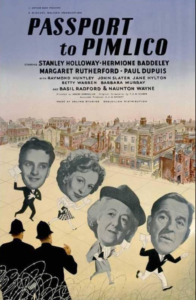
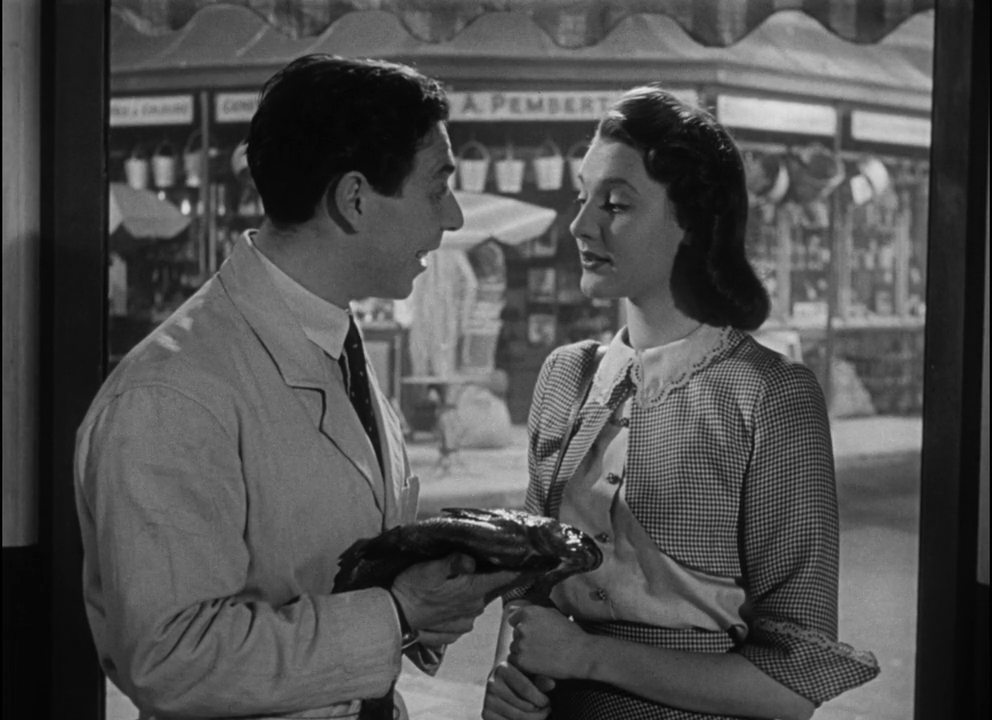
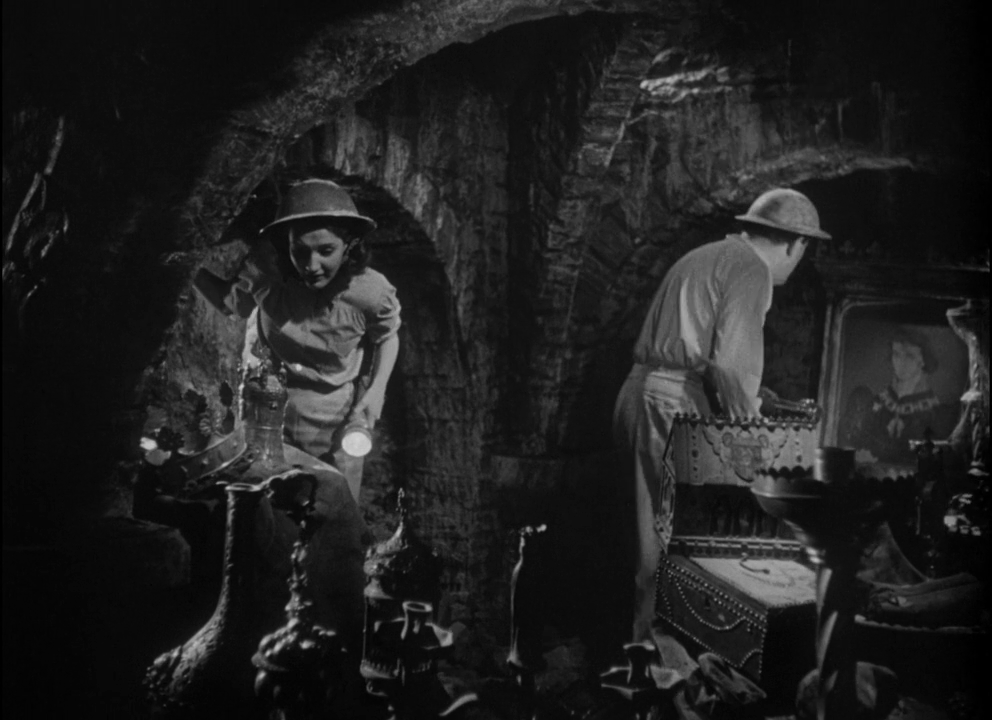
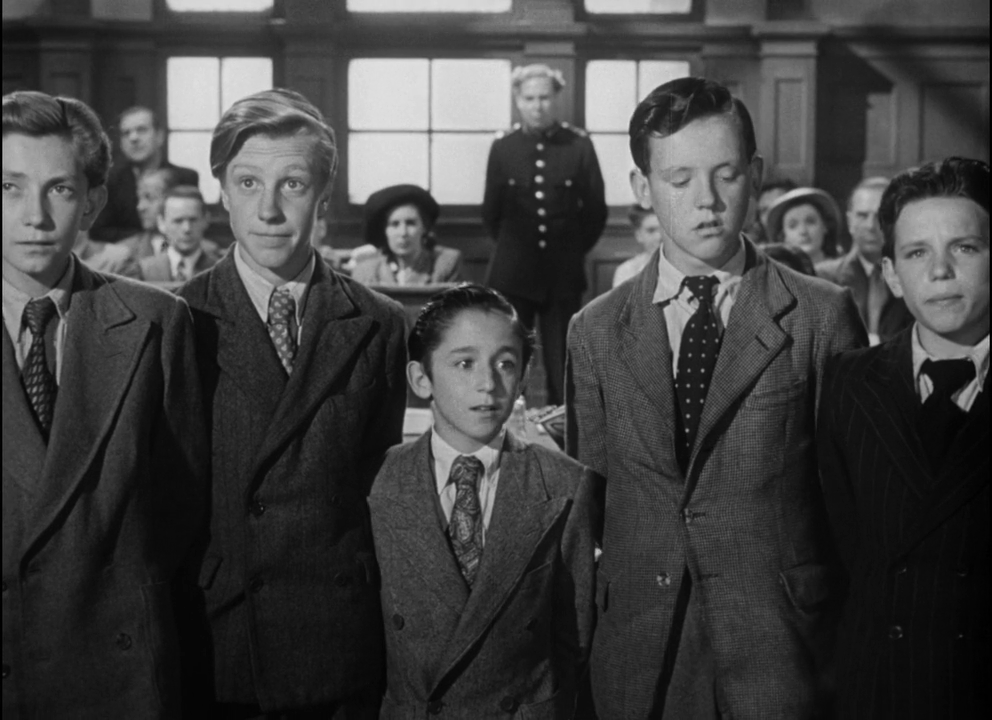
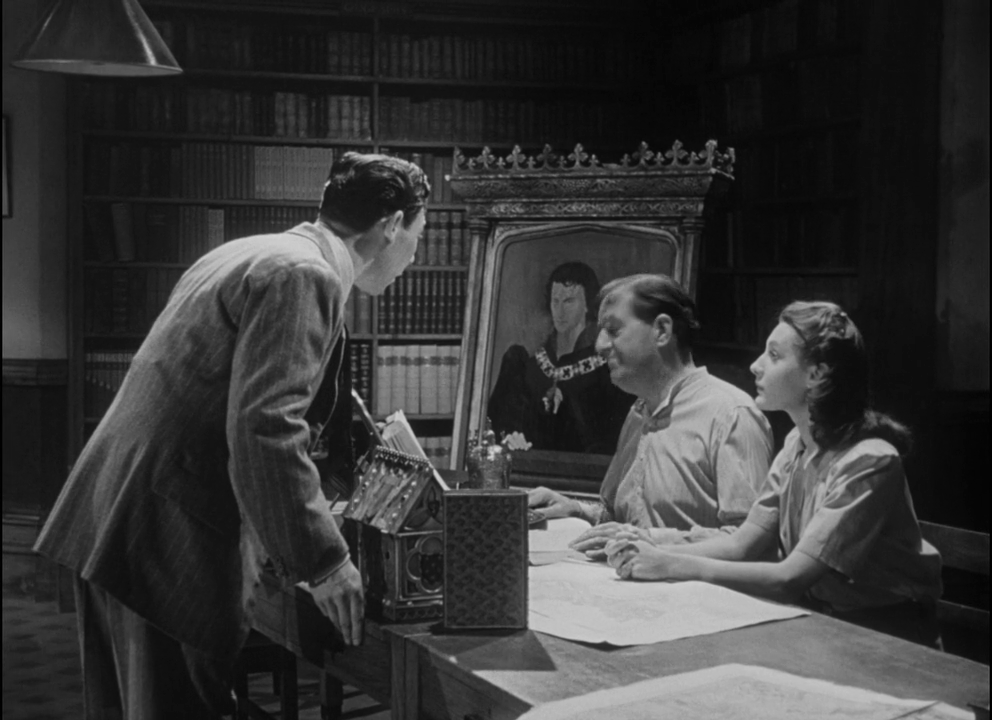
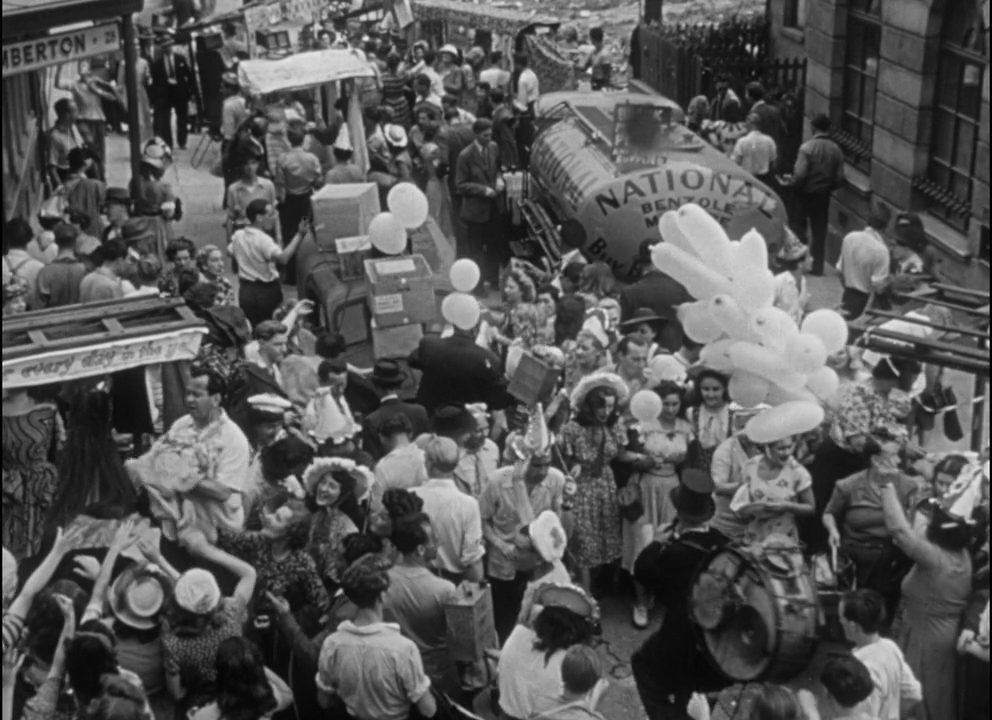
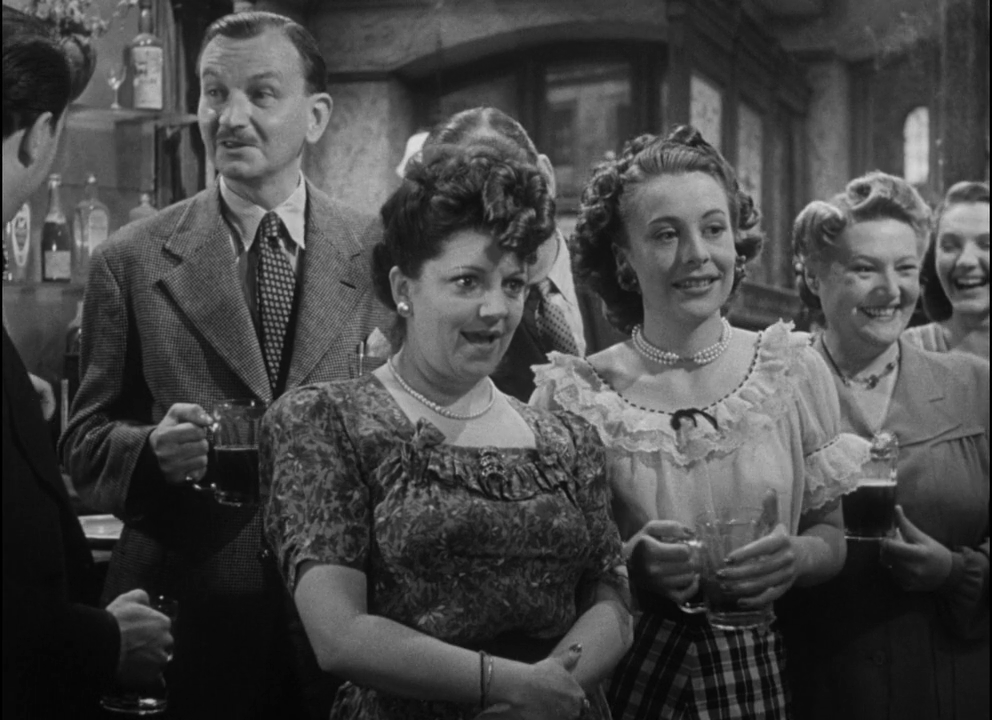
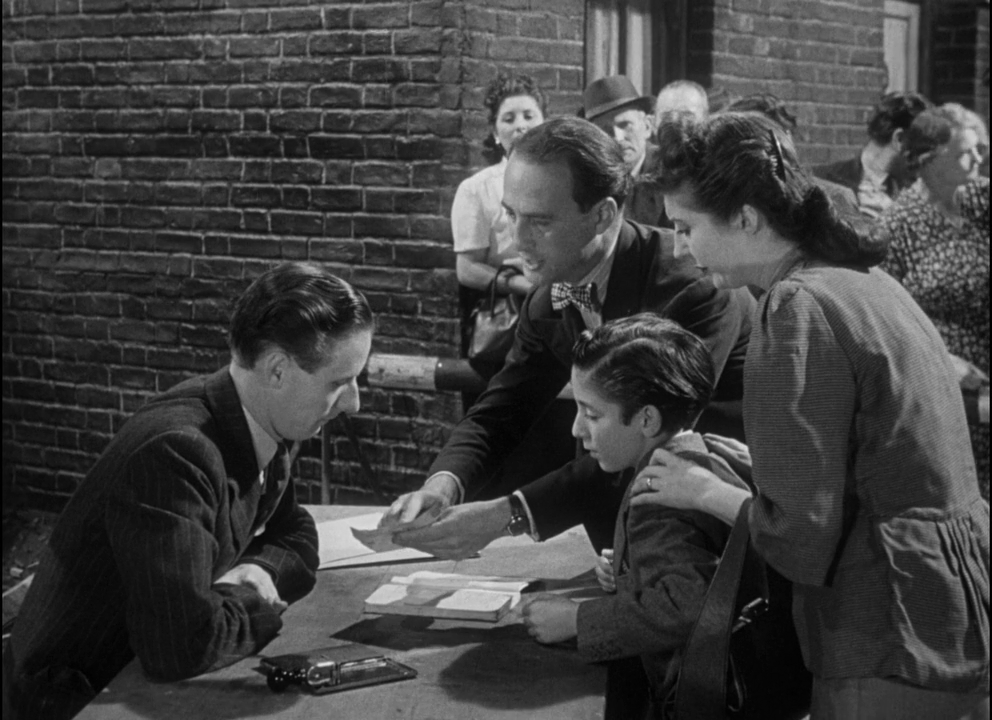
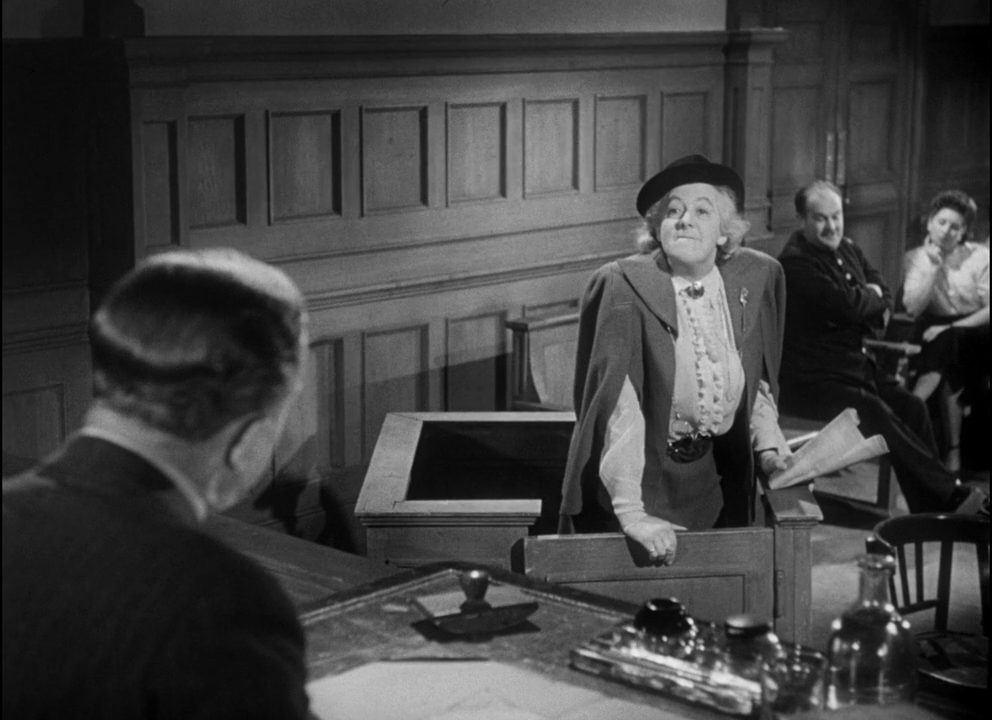
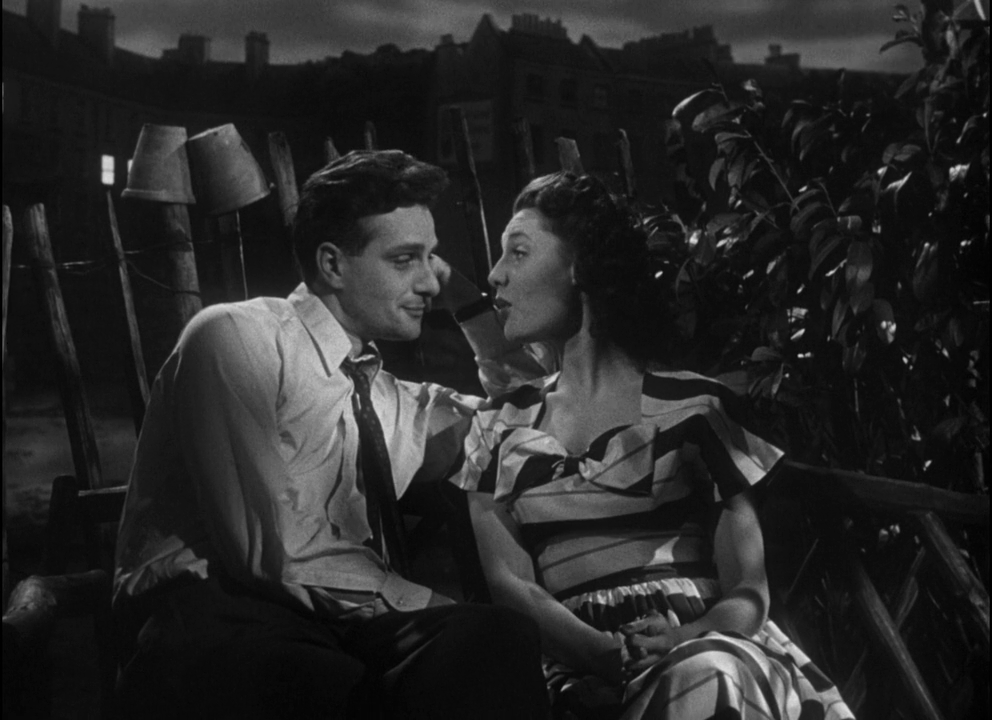
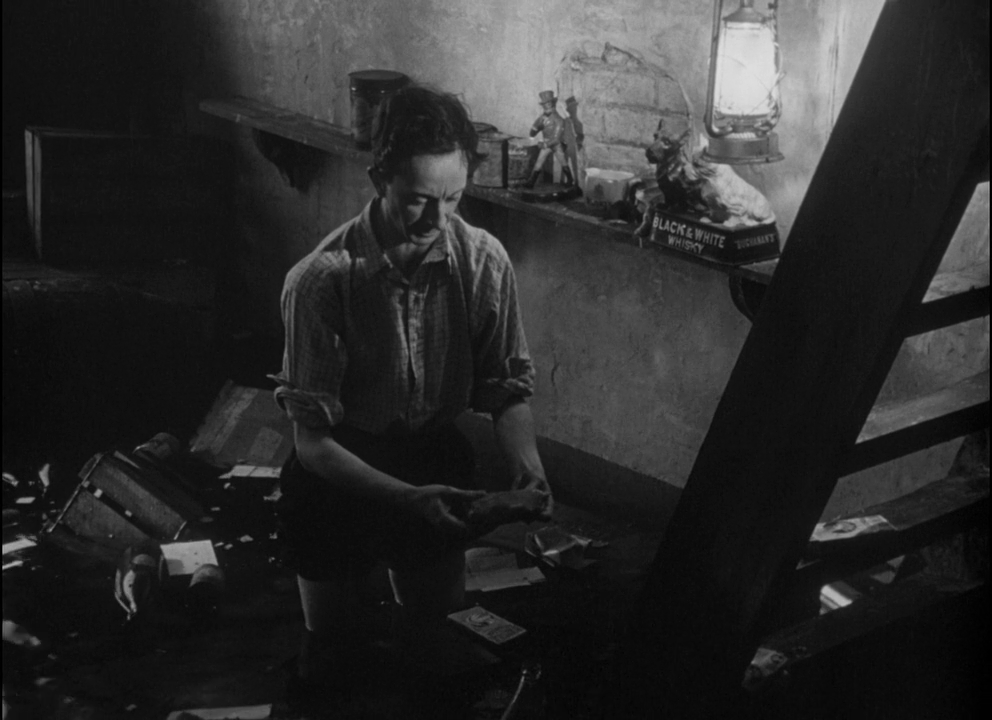
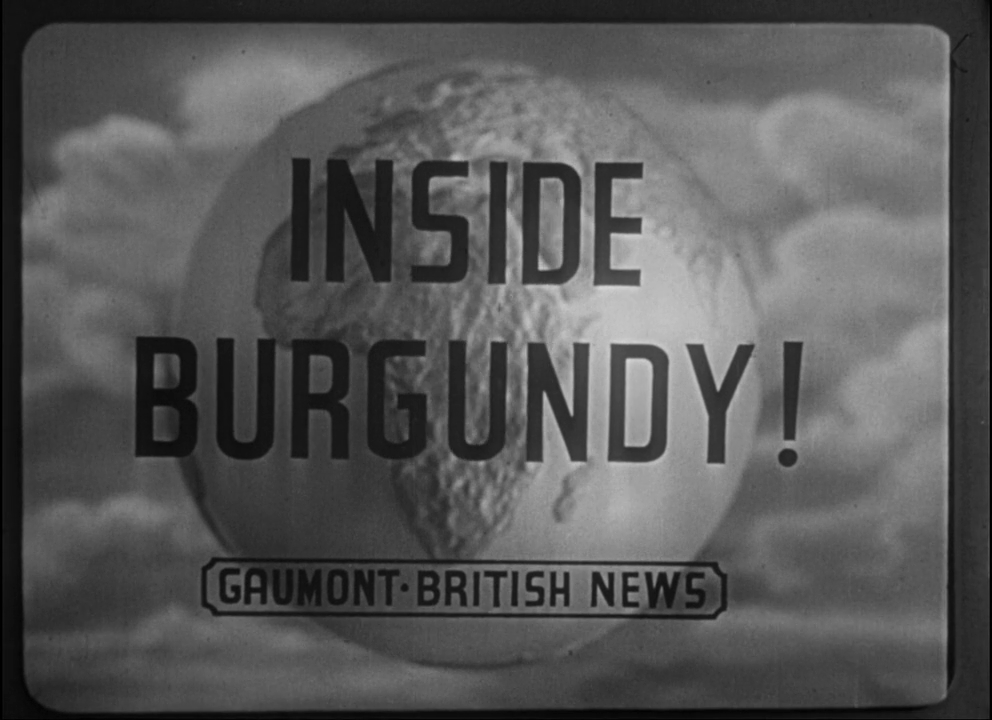
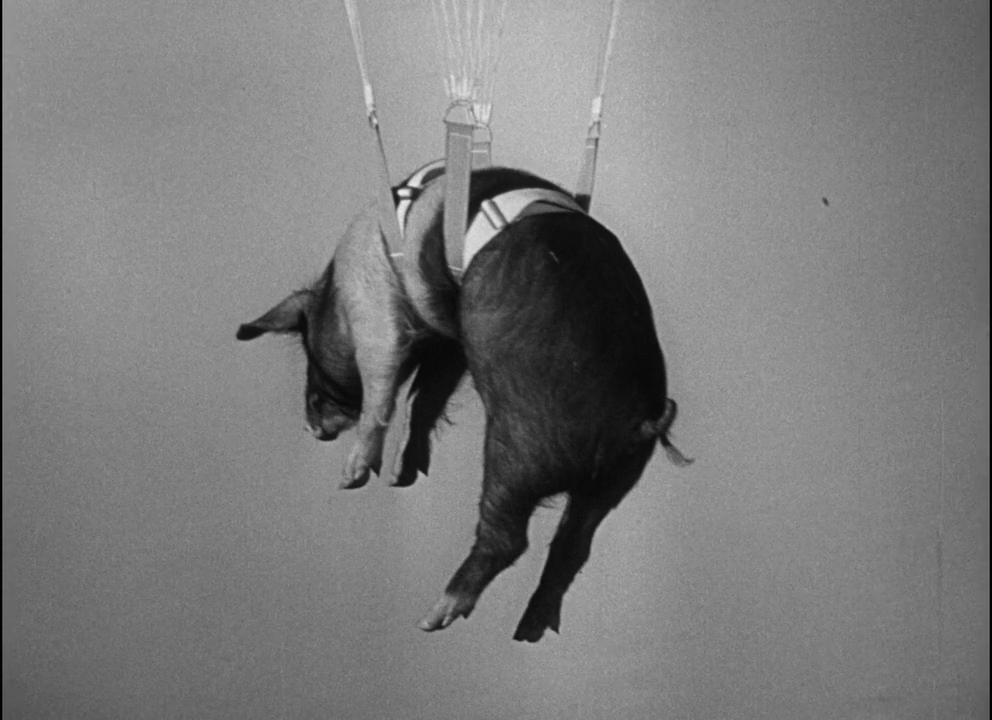
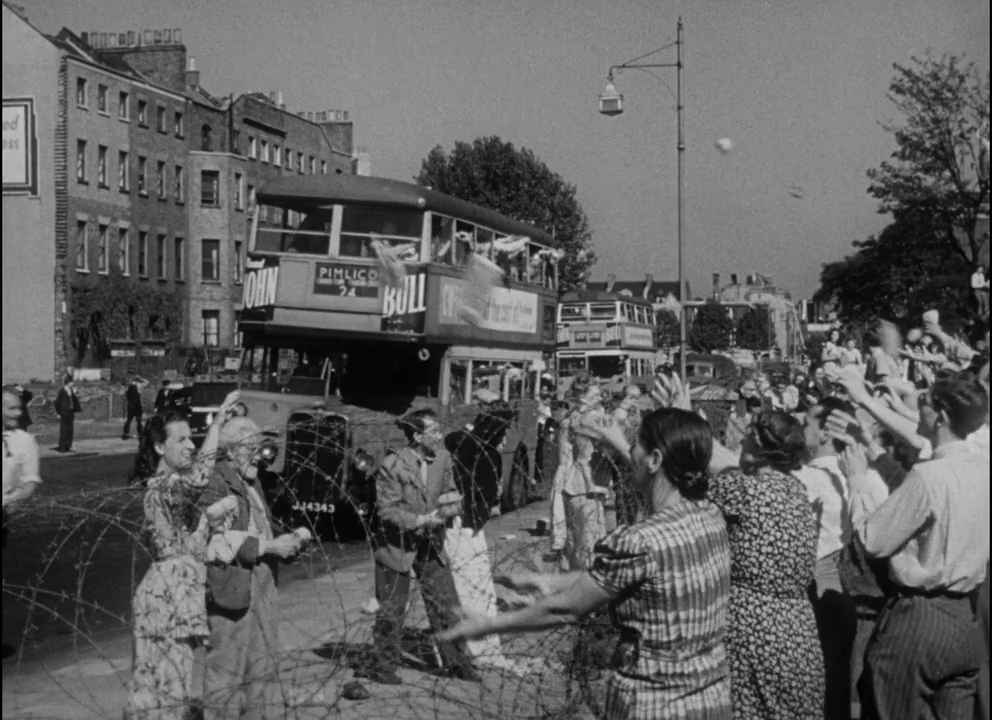
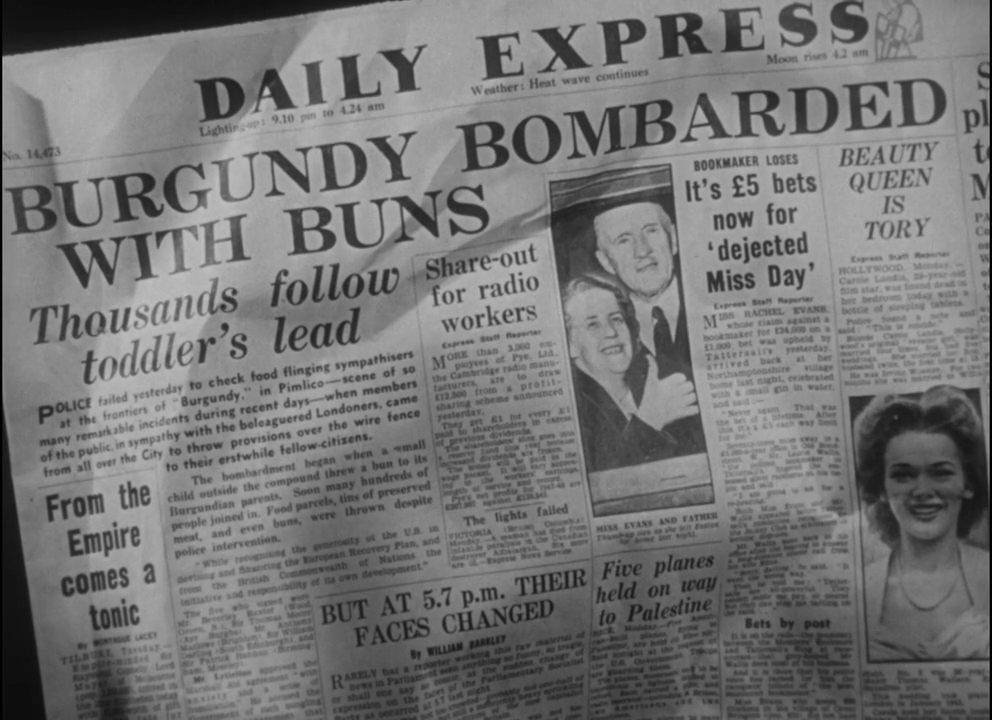
One thought on “Passport to Pimlico (1949)”
First viewing. Not must-see.
Whatever charm this film might hold is sort of lost on me. The premise is promising but the humor that the script evokes is of the quiet type – and I suppose I prefer satire to be funnier, with more punch. That was possible with this storyline but the dialogue throughout remains placid.
It’s not a terrible film but, over 70 years later, it comes off as being quaint more than anything else. Maybe that’s due to the film’s direction. (Its producer, Michael Balcon, was displeased with Henry Cornelius’ direction. Having seen the director’s work also on ‘Genevieve’ and ‘I Am a Camera’, I can sympathize with Balcon’s view.)
In her small role, Rutherford livens things up – but then she always does.